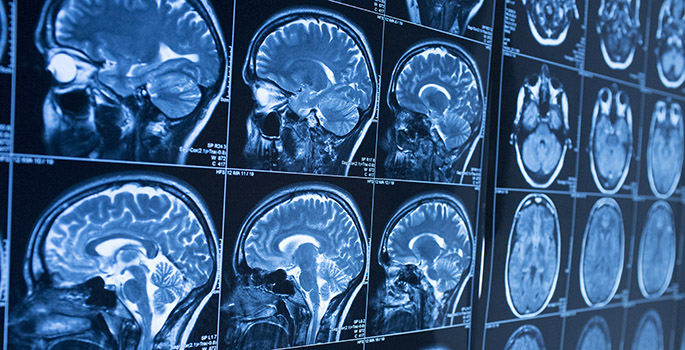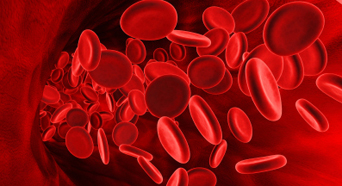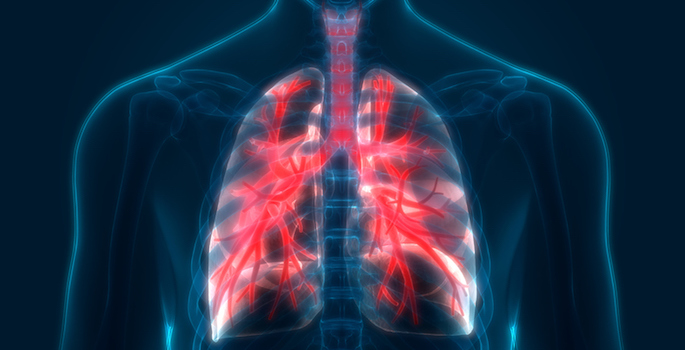Science Advances
-

Metal and semiconductor particles could transform health and safety technologies
Ultra-thin layers of gold and copper sulfide developed by Vanderbilt doctoral student Yueming Yan with Associate Professor of Chemistry Janet Macdonald and Stevenson Professor of Physics Richard Haglund could revolutionize medical imaging and environmental sensing. The energy exchange between the metal and semiconductor particles—resonant energy transfer—can convert infrared light into visible and ultraviolet colors. The nanoscale films "could replace bulky optical sensors with flexible, wearable or even implantable devices, thus transforming health and safety technologies." Read MoreAug 7, 2025
-

VUMC study finds molecular switch key to repair of kidney damage
Researchers at Vanderbilt University Medical Center have identified Rac1, a molecular switch that regulates the actin cytoskeleton of epithelial cells in the collecting ducts, as a driver of post-obstructive kidney repair. Read MoreFeb 7, 2024
-

3D brain mapping opens a window to the aging brain
By mapping brain activity in three dimensions, researchers at Vanderbilt University Medical Center have achieved a more detailed picture of how the brain changes with age. Read MoreJan 30, 2024
-

New view of mutations informs disease risk, treatment response
A transcontinental research effort led by scientists from Vanderbilt University Medical Center and the University of Michigan has upended some long-standing assumptions about mutations — how often they occur, what causes them and what they do. Read MoreMay 18, 2023
-

Game theory points to new DNA data privacy solutions
by Paul Govern Information based biomedical discovery, in particular the push toward precision medicine, depends on open-ended analysis of de-identified data from patients and research participants on the largest possible scale. Sharing data while controlling the risk of data reidentification under privacy attack is vital to the enterprise. Zhiyu Wan Game theory indicates that only... Read MoreDec 17, 2021
-

New clues to lung-scarring disease may aid treatment
Scientists at Vanderbilt University Medical Center and the Translational Genomics Research Institute (TGen) in Phoenix, Arizona, have discovered previously unreported genetic and cellular changes that occur in the lungs of people with pulmonary fibrosis (PF). Read MoreJul 8, 2020
-

Bike-inspired exoskeleton could allow humans to run 50 percent faster
Runners could soon keep up with cyclists, thanks to a new exoskeleton invention from a team of mechanical engineers at Vanderbilt which would bring cycling mechanics to the human body. Read MoreApr 7, 2020
-

Genetic screen in worms reveals critical step in insulin synthesis
The identification of a protein important for insulin synthesis may hold clues for understanding the pathogenesis of diabetes. Read MoreDec 4, 2019
-

Long QT syndrome – revealed
Vanderbilt investigators have used sophisticated cell biological and structural techniques to “classify” mutations in potassium channels, studies that could lead to personalized treatment of heart rhythm disorders. Read MoreMar 12, 2018
-

Discovery sheds light on protein key to nerve cells’ myelin sheath
Genetic mutations in PMP22 (peripheral myelin protein 22) cause a variety of peripheral neuropathies, underscoring the importance of the protein to a healthy peripheral nervous system. But the precise function of PMP22, a major component of the myelin sheath that surrounds and insulates peripheral nerve cell axons, has been unclear. Read MoreAug 17, 2017
-

Northern coast of Peru was a hospitable rest stop for early Americans
Vanderbilt researchers found a place where early Americans paused on their migrations south and "settled in for a good long while," suggesting a slower pace of settlement than originally believed. Read MoreMay 24, 2017
-

Protein structure may aid in treating Alzheimer’s disease
A new protein structure may guide the development of Alzheimer's therapeutics. Read MoreApr 27, 2017
-

Study reveals new clues to cystic fibrosis ‘gender gap’
A research team led by structural biologists from Vanderbilt University has come up with the first detailed molecular explanation for a factor that may contribute to the so-called cystic fibrosis (CF) “gender gap.” Read MoreSep 15, 2016